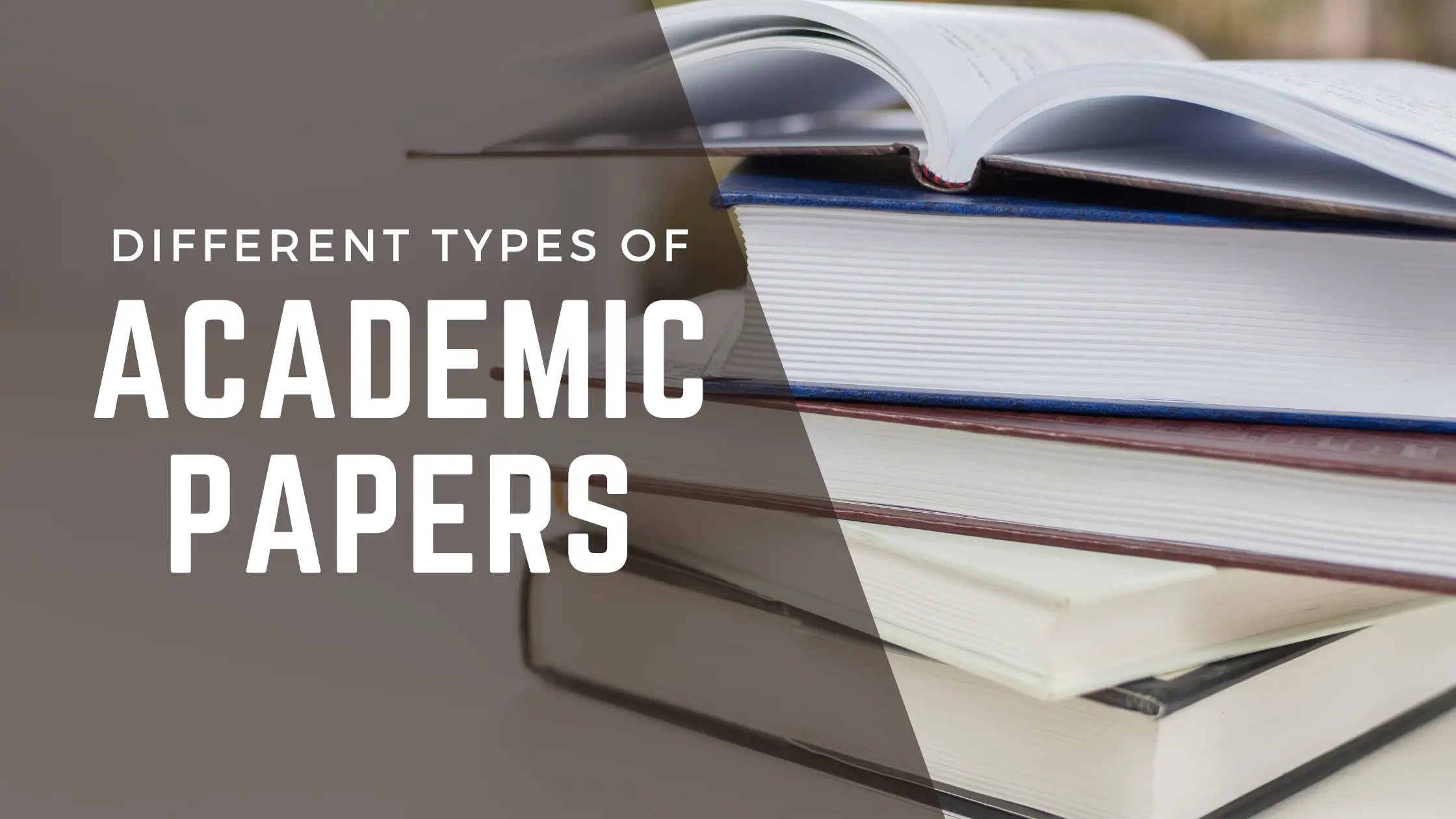
Introduction
In the realm of academic pursuits, mastering the art and science of academic writing is indispensable. From high school through to college and beyond, understanding the different types of academic papers and their structures is crucial for success.
This article delves into the diverse world of academic paper types, providing insights and tips to navigate and excel in each one.
Understanding Academic Papers
Academic papers are structured forms of writing intended for scholarly purposes.
These documents allow students and researchers to present ideas, conduct analyses, and contribute to the ongoing discourse within their fields of study.
The type of academic paper one might encounter or need to write varies based on the subject, academic level, and specific requirements of a course or publication.
The Expository Essay
One of the most common kinds of academic paper, the expository essay, is used to explain, describe, or inform readers about a specific topic.
It follows a straightforward structure: an introduction that presents the thesis statement, body paragraphs that delve into details, and a conclusion that summarizes the key points.
The Argumentative Essay
Argumentative essays are designed to persuade the reader of a particular point of view.
This type of academic paper requires the writer to take a stance on an issue, present arguments supported by evidence, and address counterarguments.
structure includes an introduction with a clear thesis, body paragraphs with arguments and counterarguments, and a conclusion that reinforces the thesis and persuades the reader.
The Analytical Essay
Analytical essays require the writer to break down and examine an idea or issue.
The structure of this type of essay involves an introduction that introduces the topic and presents the thesis, body paragraphs that analyze the topic in detail, and a conclusion that wraps up the analysis and restates the thesis.
The Research Paper
Research papers are comprehensive types of academic papers that involve extensive research on a particular topic.
They are structured with an abstract that gives a brief overview, an introduction that outlines the research question, a literature review, methodology section, results, discussion, and a conclusion. Research papers require a deep dive into existing literature, data collection, and analysis.
The Literature Review
A literature review is a survey of scholarly sources on a specific topic.
It provides an overview of current knowledge, allowing writers to identify relevant theories, methods, and gaps in the existing research.
The structure includes an introduction, body paragraphs organized thematically or chronologically, and a conclusion that highlights the significance of the findings.
The Case Study
Case studies are in-depth investigations of a single person, group, event, or community over a period. They are common in social, educational, clinical, and business research.
The structure typically includes an introduction to the case, background information, presentation of findings, and a conclusion that discusses the implications of the case.
The Thesis and Dissertation
Theses and dissertations are types of academic papers written as part of completing a master’s or doctoral degree. They involve conducting original research on a specific topic.
The structure includes an introduction, literature review, methodology, findings, discussion, and conclusion.
These papers are much longer and more detailed than other academic papers.
Tips for Writing Academic Papers
Regardless of the academic paper types, certain principles apply across the board:
- Understand the requirements and guidelines before starting.
- Conduct thorough research and organize your findings.
- Develop a clear thesis statement or research question.
- Structure your paper according to the type and guidelines.
- Cite sources accurately to avoid plagiarism.
- Proofread and edit your work meticulously.
Conclusion
Navigating the diverse landscape of academic paper types can be daunting. Yet, understanding the purpose, structure, and specific requirements of each kind of academic paper is essential for academic success.
By familiarizing oneself with the different types of academic papers and adopting a methodical approach to writing, students and researchers can effectively communicate their ideas and contribute meaningfully to their fields of study.
Remember, mastering academic writing is a skill that develops over time with practice, feedback, and persistence.
The exploration of different types of academic papers and their structures not only enriches one’s academic skillset but also enhances one’s ability to think critically, argue effectively, and contribute to scholarly conversations.
Whether you are crafting an expository essay, conducting research for a paper, or undertaking a complex thesis, the journey through academic writing is a rewarding process of discovery and intellectual growth.
